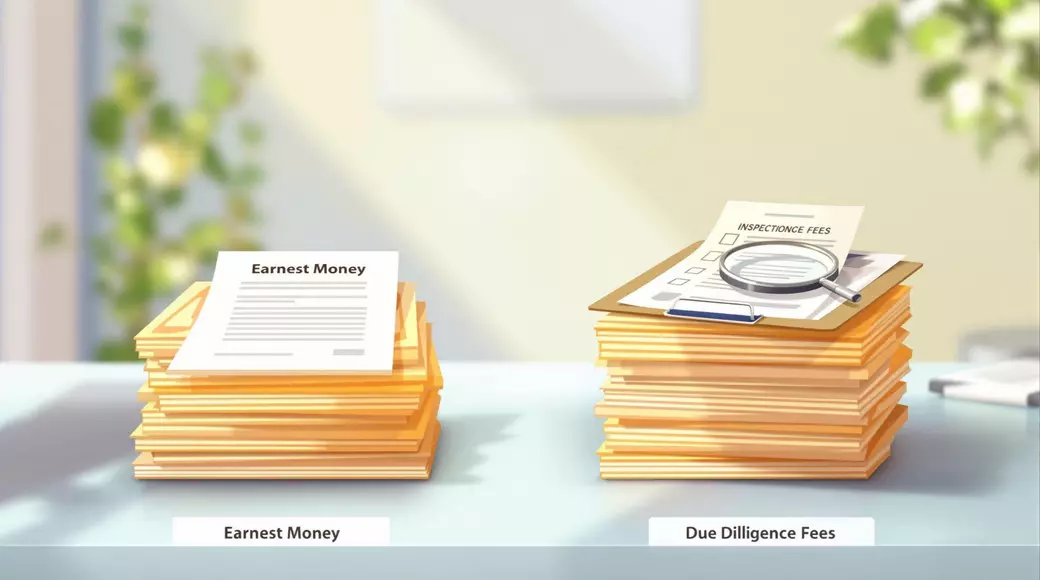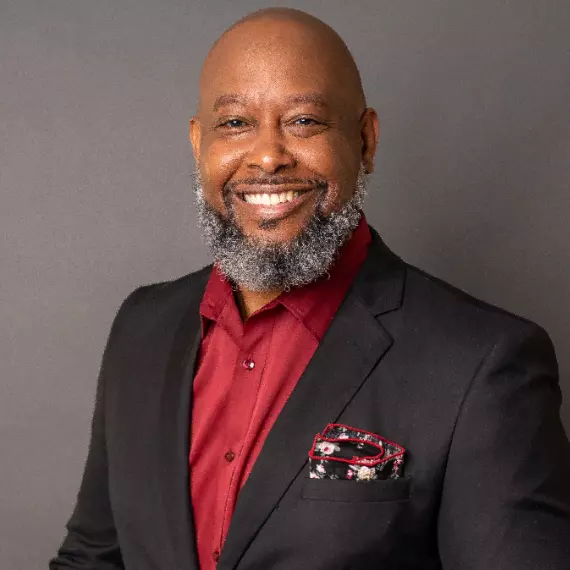Earnest Money vs. Due Diligence Fees in NC: Are You Throwing Away Thousands?

🚨 Earnest Money vs. Due Diligence Fees in NC: Are You Throwing Away Thousands?
If you're buying or selling a home in North Carolina, one wrong move with your due diligence fee or earnest money could cost you thousands—or worse, cost you the deal. Most buyers don't fully understand the difference between these two payments... and it shows. But after reading this, you will.
Let’s break down these two powerful—but very different—financial tools, and how to use them to your advantage.
💰 What Is Earnest Money?
Earnest money is like saying, “I’m serious.” It’s a refundable deposit (typically 1–3% of the purchase price) paid by the buyer to show commitment. This money sits safely in escrow—untouched—until closing. If the buyer backs out during the due diligence period? They usually get this money back.
✔ Credited toward purchase at closing
✔ Refundable if buyer walks away during due diligence
✔ Held in escrow, not by the seller
Think of it as your security deposit in a relationship—meant to build trust, but refundable if things don’t work out (as long as it's early).
🔍 What Is the Due Diligence Fee?
The due diligence fee is a whole different story. It’s a non-refundable payment—directly to the seller. Why? Because they’re taking their home off the market for you. You’re buying time to do inspections, appraisals, review HOA docs, and finalize financing. That time costs money.
✔ Paid to the seller
✔ Non-refundable—even if you cancel
✔ Credited toward purchase if you close
This is where buyers lose money if they’re not careful.
📌 Typical range: $500 to $2,000 (or more in competitive markets)
🎯 When Do You Pay These Fees?
Both are typically due when your offer is accepted and the contract is signed. Due diligence goes straight to the seller; earnest money heads to escrow. Use secure wire transfers or certified checks—no Venmo, no cash, no shortcuts.
⚠️ Buyer Beware: Your Risk vs. Reward
💸 Due Diligence Fee = High Risk, High Reward
Boosting your DD fee can make your offer more competitive in hot markets—but be ready to lose it if you walk away.
🛡️ Earnest Money = Low Risk, High Assurance
It gives you flexibility to exit the deal, as long as it’s within the due diligence period.
Psych Tip: The Pratfall Effect suggests that revealing the risk (non-refundable fee) makes you appear more confident and prepared—this builds credibility with sellers.
💼 Sellers: What Should You Look For?
Don’t just chase the highest price. A buyer offering low due diligence may not be committed. One offering a large due diligence fee is financially “all in.”
In slower markets, expect lower fees. In hot ones? Push for more. A great agent (👋 like me) will help you navigate that.
🧠 Pro Tips from Scott Bauknight, Lifestyle International Realty
“In competitive markets, buyers who put more down in due diligence stand out—but only do it if you’re ready to move forward after inspections. Know your rights. Protect your money.”
If you're unsure what’s normal in your price range, always consult a local expert. (📲 I’m available.)
✅ Key Takeaways
-
Earnest money = refundable safety net.
-
Due diligence fee = non-refundable commitment.
-
Both are credited at closing—but only one is recoverable if the deal falls apart.
Don’t guess. Know what you’re signing. This is your money, your contract, and your risk.
📣 Let’s Make Your Next Move a Smart One
Buying or selling a home in North Carolina? Let’s talk strategy. Don’t let confusion about these fees cost you money or peace of mind.
📅 Schedule your free consultation now: Book With Me
🔍 Start your home search: Scott-Sells-Charlotte.com
📲 Got questions? Text me directly at 980-242-6582
Categories
Recent Posts











"Molly's job is to find and attract mastery-based agents to the office, protect the culture, and make sure everyone is happy! "
